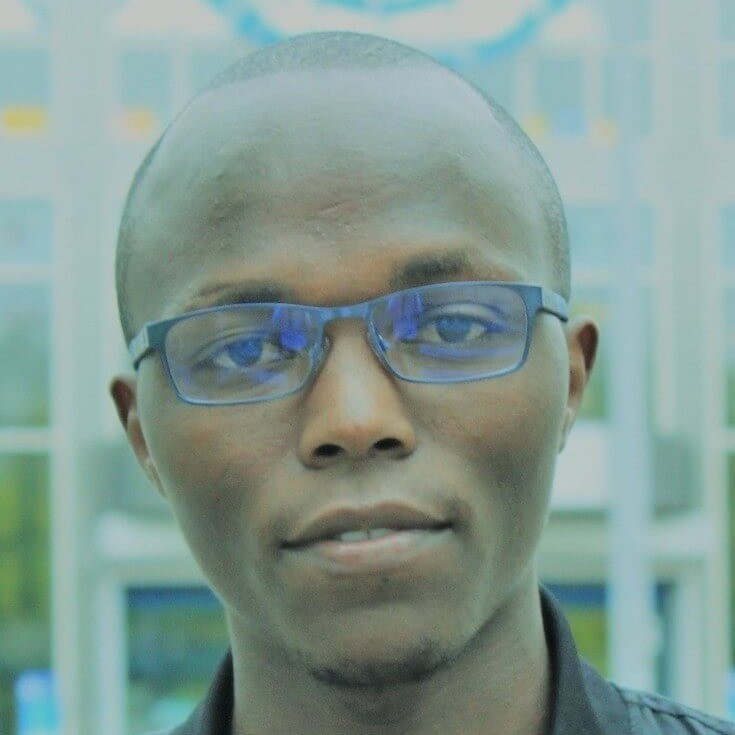What is your educational background?
I have a BSc. in Food Science and Technology (1st Class) from Jomo Kenyatta University of Agriculture and Technology, Kenya. Here, I did a bachelor thesis on the quality and safety of fried street foods.
In addition, I have a MSc. in Food Technology (cum laude), from an interuniversity degree organized by Katholieke Universiteit Leuven (KU Leuven) and Ghent University, Belgium under VLIR-UOS scholarship (International Master Programme – ICP). The scholarship is available for African, Asian and Latin Americans. Link for those interested to apply https://vliruos.be/en/home/1. My master thesis was on starch digestibility kinetics from common beans and how process-induced properties affect it. This was an interesting study, as we saw that properties induced by cooking and mastication behaviors could potentially influence how starch is digested and subsequently, the number of soluble sugars released through in vitro studies. This is a very important concept for the diabetic population.
What is your current occupation?
I am currently doing a Ph.D. in Bioscience Engineering, at the Department of Biosystems, University of KU Leuven and it is funded by Fonds Wetenschappelijk Onderzoek (FWO), a research foundation in Flanders, Belgium.
My research involves two areas: Post-harvest Technology and Science of Flavour. I investigate how storage regimes especially under low oxygen conditions (basically “putting fruit into a coma” as I like to call it) influences Volatile Aroma Compound (those that give you that fruity, fresh and sweet sensation while eating a fruit) development in apples, especially after long-term storage.
Did you know that the apples you buy in the store near you could have been kept for 9 months in storage?. I know right! How do they keep their freshness? Next time you are in a fruit store or eating your favorite apple, think of ME ☺
What or who got you into STEM?
My curiosity. Since I was a small boy in the countryside, I always had a passion for science & technology.
What is the biggest challenge/barrier you have faced as an African in STEM?
The answer to this question would depend on the context. In Kenya, I felt ambivalence toward the quality of teaching and learning. Firstly, the system focuses more on passing exams rather than developing skills. Secondly, there is no access to academic advisory especially on future career goals and lastly, there is no information mainstream especially on access to scholarships.
As a foreign student, the uncertainties surrounding my life are too immense: the future of my scholarship, the network, and my career are all too unstable.
How do you think your background/upbringing has been beneficial in your journey/career?
It has allowed me to be open-minded and flexible. To take life as it comes and give thanks for every achievement and opportunity that came my way.
How do you think we can start to change the narrative surrounding African contributions
to global STEM research & careers?
By disseminating information to young Africans in STEM that are looking forward to building their career both in Academia and Research. This could be through creating platforms that young African could have access to any time, anywhere, in their search for answers relating to STEM research and careers. For those already in STEM, we could join hands, motivate each other through joint research and co-authorship, and be more active on social channels that can make you unequivocally accessible to other researchers.
What advice would you like to give to young, aspiring Africans in STEM?
“We need to go back to the discovery, to posing a question, to having a hypothesis and having kids know that they can discover the answers and can peel away a layer” -Shirley Jackson






